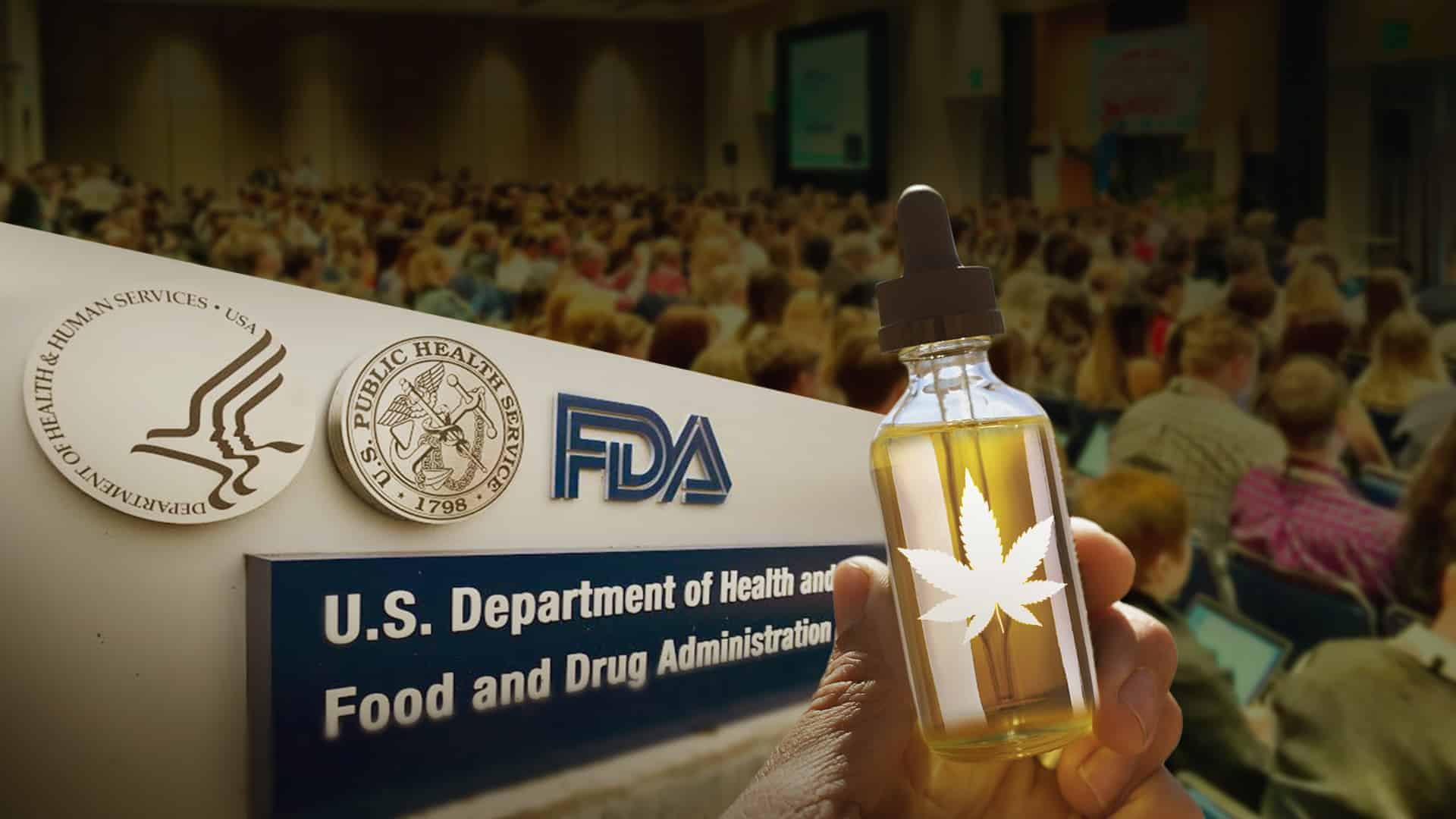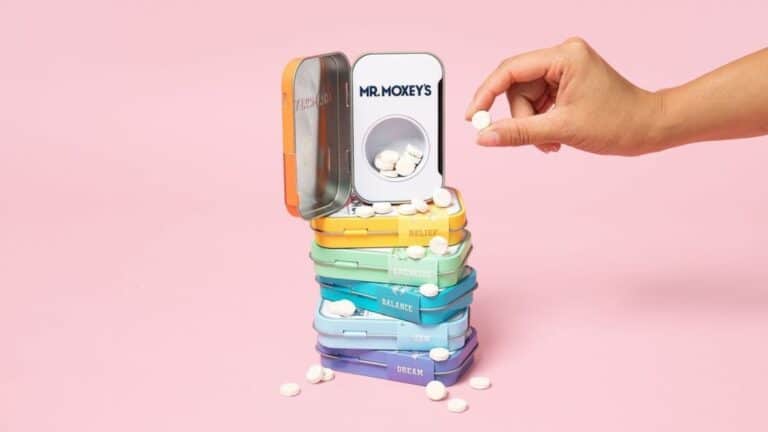On April 3, outgoing Commissioner Scott Gottlieb appeared before Congress to comment on the FDA’s current regulatory approach to CBD, or cannabidiol.
Congress legalized hemp in December by the passing of the 2018 Farm Bill. But the FDA hasn’t yet approved CBD for use in food or dietary supplements. In a December 2018 statement, Gottlieb made clear that “it was unlawful under the FD&C Act to introduce food containing added CBD or THC into interstate commerce, or to market CBD or THC products as, or in, dietary supplements, regardless of whether the substances are hemp-derived.”
This position is partly based on the fact that CBD is an active ingredient in Epidiolex, an FDA-approved new drug. The FDA explained that “it’s illegal to introduce drug ingredients like these into the food supply, or to market them as dietary supplements.”
Gottlieb repeated this position in Wednesday’s hearing. He also added that the FDA does not consider the drug “completely safe”. He pointed out that side effects “including the potential for liver injury” are still being studied.
FDA Chief announces new hearings and enforcement actions.
Earlier in the week, Gottlieb issued an announcement with this stating that FDA’s position was that CBD could not be used as an ingredient in products made for human consumption. However the agency is taking four steps to regulating the market:
- A public hearing will be held on May 31. The hearing will be about the safety of CBD and allow time for written public comment.
- The FDA will form a new “high-level internal agency working group”. The group will explore “how food and dietary supplements containing CBD could be to be lawfully marketed.”
- The agency will update its webpage with answers to frequently asked questions on CBD and FDA rules.
- The FDA will send “multiple warning letters to companies marketing CBD products.”
FDA sends warning letters to three companies that make medical claims for CBD.
Gottlieb’s statements came within days of the FDA’s first enforcement actions of 2019. On March 28, the agency sent warning letters to three companies: Nutra Pure, PotNetwork Holdings, and Advanced Spine and Pain. Each of these companies produce and market a wide range of products for people and pets containing CBD. The FDA issued the letters in concert with the Federal Trade Commission (“FTC”) who issued their own warning letters. These letters follow the dozens of enforcement letters sent by the FDA since 2015.
The FDA and FTC said in joint a statement that the agencies targeted the companies because their advertisements touted that their CBD products “can effectively treat diseases, including cancer, Alzheimer’s disease, fibromyalgia, and ‘neuropsychiatric disorders’”.
What do the FDA’s actions mean for CBD companies and their customers?
One thing that we know is that there are a lot more companies selling CBD than those that got warning letters. The CBD business is growing at a rapid rate. More and more people depend on CBD for health and well being. What will the FDA’s response be to the booming market?
The FDA’s position also shows that consumers should take any health claims about CBD with a grain of salt. CBD shows great promise. But consumers should continue to rely on medically-approved treatments until research confirms that CBD will work for their serious health conditions. However because CBD is considered safe, consumers should experiment to find out how it works for them.
The latest warning letters also show us what sort of claims the FDA targets. The FDA’s main concerns surround “egregious and unfounded claims aimed at vulnerable populations.” Misleading claims can threaten public health when sick people stop taking needed medicine. The CBD industry should act on the FDA’s concerns by not making health claims that are not confirmed by accepted research.
Finally, Gottlieb’s statements show give hope that the FDA continue to allow sales of CBD products. The FDA’s announcement of hearings on May 31, 2019 is part of the path to regulation, not prohibition. It appears that the FDA has committed to seeking a lawful path for CBD to come to market. But this process could take years.
In the meantime, we should look for the FDA to enforce against companies that: (1) make unfounded medical claims, (2) do not maintain high-quality manufacturing standards, or (3) or engage in other misleading advertising.


![[NJ] The Easiest Ways to Buy Weed in Buffalo A Full Guide (5)](https://neonjoint.com/wp-content/uploads/NJ-The-Easiest-Ways-to-Buy-Weed-in-Buffalo-A-Full-Guide-5-768x432.jpg)


